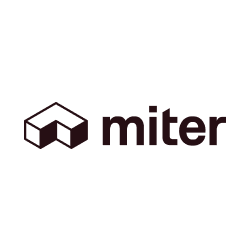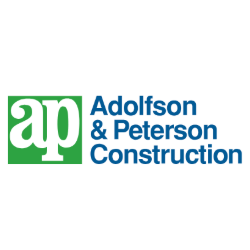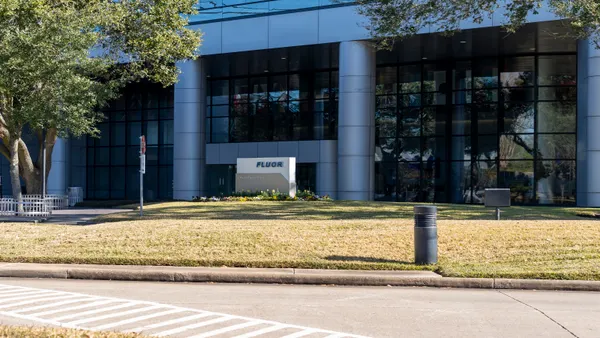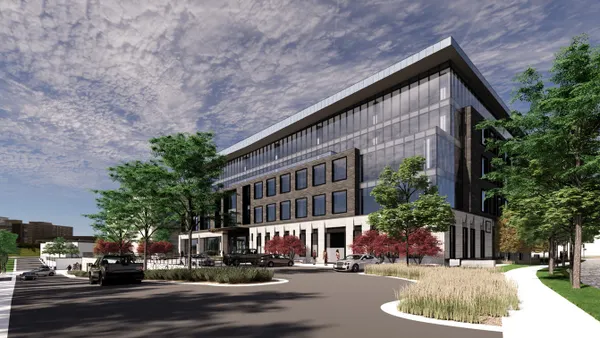AECOM expects sustained strength across its largest construction end markets as clients push a broader wave of projects into the pipeline, leaders of the Dallas-based firm said during an investor presentation tied to its fiscal fourth quarter earnings on Tuesday.
State DOT budgets remain high and the five-year Infrastructure Investment and Jobs Act continues to encourage project formation, said CEO Troy Rudd. Those underlying tailwinds will set the firm up for years with transportation and water-related work, he said.
“We built an organization that’s going to play in markets where, in the long run, our opportunities are going to be to grow greater than the GDP of a typical economy,” said Rudd during the call. “There is no question that over the next few decades, there needs to be a significant continued investment in traditional infrastructure, whether it’s water infrastructure or transportation infrastructure or social infrastructure.”
Rudd added those trends extend well beyond transportation and water. The firm expects continued momentum in defense construction, as well as energy and power work tied to the artificial intelligence boom.
“There’s an insatiable need for energy, in particular electricity,” said Rudd during the call. “An amazing investment is going to take place in AI and data centers, and all the power and the water you need to make that a reality.”
AECOM leaders also highlighted the permitting shifts in key markets, including the United States. That’s creating opportunities to move major civil programs forward faster than in previous cycles.
Construction management exit, AI boom
AECOM will begin evaluating a potential sale of its construction management business to focus resources on higher-margin design and engineering work, Rudd said during the call. Beginning next quarter, the construction management unit will be classified as held for sale and moved to discontinued operations.
The move comes as M&A activity has begun to accelerate across the construction industry. For example, construction firms such as Zachry Construction and Cumming Group recently acquired specialty firms to expand capabilities. WSP and Jacobs have also reportedly explored a potential deal.
Rudd said the decision is based on the firm’s strategic priorities, and that the underlying business had strong performance.
“We have reached that point in time where we think there’s a better place, a better home, eventually for our construction management team,” said Rudd during the call. “It’s a fantastic business.”
The firm also outlined early results from its internal AI program. Executives on the call said the program could eventually shorten design cycles and reduce materials usage on infrastructure projects.
The AI platform consists of math-based generative design models, trained on engineering principles and synthetic data, that act as AI “teammates” to assist with major infrastructure designs, said Rudd. He added the company spent about 18 months building its internal AI team.
“It gives us the ability to materially reduce cost,” said Rudd. “As we’ve gone through the design process, we have found that we’re able to take 10% to 20% of the materials, and thus potentially the cost, out of a design. That’s the client outcome.”
Q4 takeaways
AECOM reported $120.4 million in profits in the fiscal fourth quarter, down from $172.5 million last year, a 30.2% drop. Revenue for the firm’s Q4 was $4.18 billion, up 2% from a year earlier, according to the earnings report.
Backlog climbed to a record $24.8 billion, up 4% year over year, the firm reported.
AECOM’s Q4 results drew positive reactions from analysts following the presentation. Several pointed to the company's long-term outlook and plans to scale AI across its platforms.
“AECOM’s fiscal fourth quarter 2025 report lands coincident with its analyst day and refreshed long-term outlook through 2028,” wrote Andrew Wittmann, senior research analyst at Baird, a Milwaukee-based financial services company, in a research note. “Results slightly topped expectations across the board.”
















